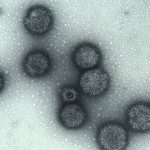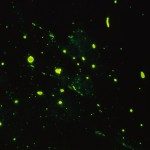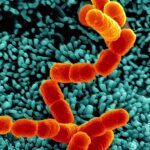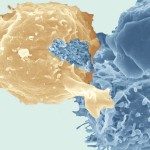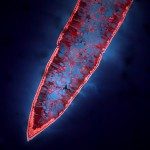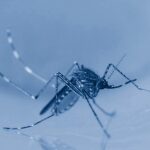Main research programs:
Vector-borne diseases are a major concern for human health as animal health in a world whose environment is changing gradually. They are among the leading causes of morbidity and mortality for humans and animals. The traditional means of control of arboviruses are either inaccessible or have become ineffective. It is therefore necessary to develop new methods to block the transmission of vector-borne diseases, approaches that take into account the complex interaction between the vector, the pathogen and the host vertebrate. These approaches should allow the identification of new targets for inhibiting transmission.
Replication of the pathogen in the midgut and salivary glands are key steps for efficient transmission in the vertebrate. Moreover, it is now accepted that the arthropod saliva influences the transmission of pathogens contained therein. We therefore propose to better understand the interaction between the vector and arboviruses using functional genomics approaches (proteomics, ANR interference). To do this, we study the interaction between Aedes mosquitoes and arboviruses like dengue virus, chikungunya and zika viruses at both barriers of infection (midguts and salivary glands). Our study also includes the analysis of the role of the saliva of mosquitoes in the transmission of arboviral diseases in mice. This approach focused on the vector would allow identifying proteins of the midgut and / or salivary that facilitate viral transmission. In addition, we currently use genetically modified virus carrying genes encoding fluorescent and bioluminescent proteins to study the tropism of chikungunya virus and Ross River in animals, in particular by focusing our analysis on the chronic phases of the disease, checking whether or not they are influenced in their severity by the immunomodulatory effect of the saliva of the vector. This method also allows testing of new antiviral molecules.
In addition, we are also interested in the possibility of emergence of several arboviruses (Zika and Japanese encephalitis viruses) in Europe.

